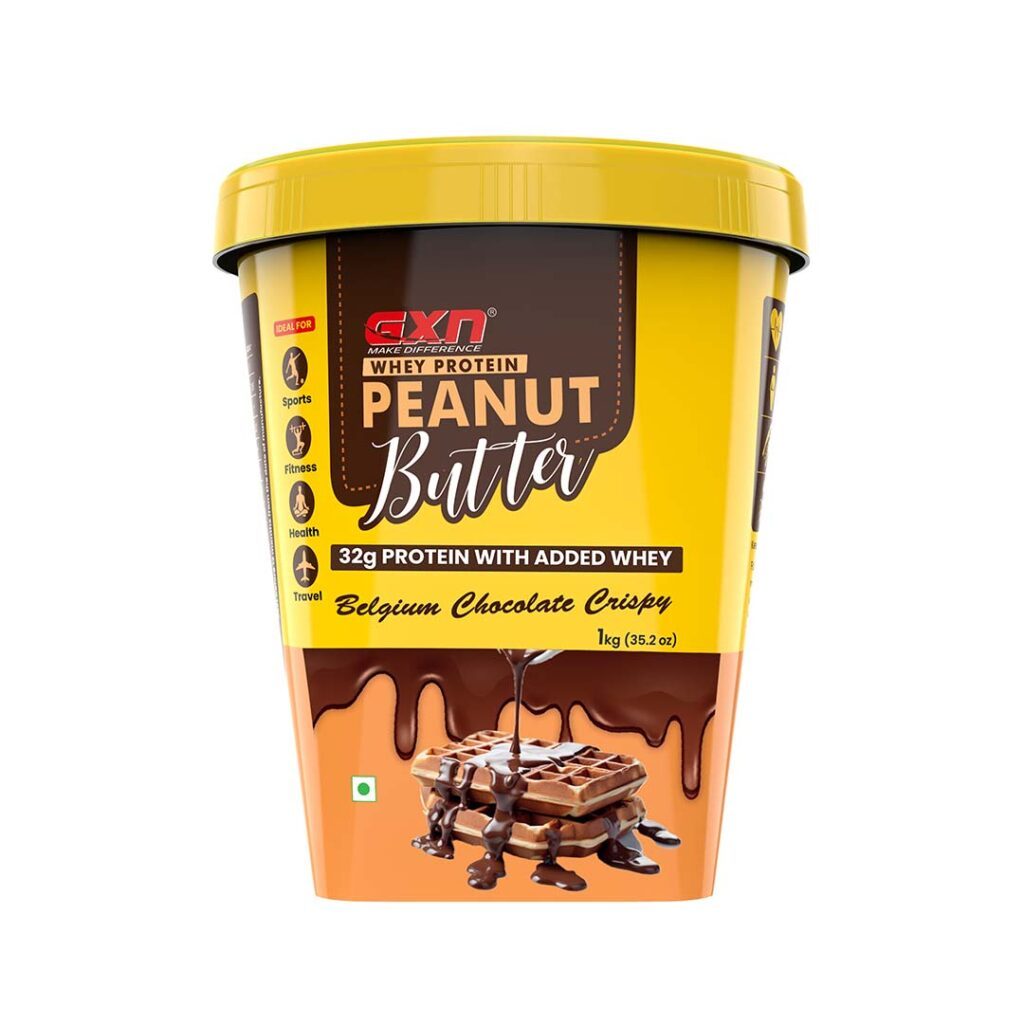For vegetarians, finding nutrient-dense, high-protein foods is crucial for maintaining a balanced and fulfilling diet. One item that often finds its way onto every vegetarian’s shelf is peanut butter. Creamy, rich in flavor, and versatile in its use, peanut butter is not just delicious but also packed with nutrition. But the question is — Is peanut butter a good source of protein for vegetarians? Let’s explore.
Nutritional Profile of Peanut Butter
Peanut butter is made from ground dry roasted peanuts and often includes added salt, oil, and sweeteners. When it comes to nutrition, peanut butter is highly dense, offering a combination of healthy fats, carbohydrates, and proteins.
Protein Content:
-
A standard 2-tablespoon (32g) serving of peanut butter contains about 7-8 grams of protein.
-
While this is not as high as animal-based protein sources, it is quite significant for a plant-based food.
Other Nutrients:
-
Rich in healthy monounsaturated and polyunsaturated fats
-
Contains fiber, magnesium, potassium, vitamin E, and niacin
-
Low in cholesterol and saturated fats
Why Protein Matters for Vegetarians
Protein is essential for building muscle, repairing tissues, and supporting enzyme and hormone functions. For vegetarians who avoid meat, poultry, and sometimes dairy and eggs (in the case of vegans), plant-based sources of protein become very important.
How Peanut Butter Supports a Vegetarian Diet
-
Convenient and Accessible Peanut butter is readily available and can be included in meals and snacks without much effort. It can be spread on toast, mixed into smoothies, or used as a dip.
-
Plant-Based Protein While not a complete protein (it lacks some essential amino acids like methionine), peanut butter can be paired with whole grains or legumes to form a complete protein profile.
-
Energy Dense For vegetarians trying to maintain or gain weight, peanut butter offers high calorie and protein density in a small portion size — great for those with a high-energy expenditure.
-
Versatility in Recipes From protein bars and overnight oats to Asian peanut sauces and salad dressings, the versatility of peanut butter allows it to be incorporated into a variety of meals.
Best Ways to Consume Peanut Butter for Protein
-
Peanut Butter and Whole Grain Bread: Combine for a complete protein.
-
Smoothies: Blend with bananas, oats, and plant-based milk for a power-packed breakfast.
-
Energy Balls: Mix with oats, flaxseeds, and a touch of honey for a protein-rich snack.
-
Peanut Butter on Fruits: Apple or banana slices topped with peanut butter for a fiber-rich, protein-packed snack.
Comparing Peanut Butter to Other Protein Sources
While peanut butter is a good source of protein, it should ideally be part of a balanced diet. Other vegetarian protein sources include:
-
Lentils (18g protein per cooked cup)
-
Chickpeas (15g per cup)
-
Tofu (10g per half-cup)
-
Quinoa (8g per cooked cup)
-
Greek Yogurt (17g per 6oz)
As you can see, peanut butter holds its ground but should complement other protein-rich foods.
Choosing the Best Peanut Butter
Not all peanut butters are created equal. To maximize your nutritional intake, opt for natural or organic peanut butter with minimal additives.
What to look for in the best peanut butter:
-
No added sugar or hydrogenated oils
-
100% roasted peanuts or peanuts with a dash of salt
-
Smooth or crunchy — both offer similar nutritional value
Best Peanut Butter
If you’re a vegetarian looking to amp up your protein intake, choosing the best peanut butter is key. Look for products that are high in peanuts, have a creamy or crunchy texture depending on your preference, and contain no harmful additives. A premium-quality peanut butter ensures you get the most nutrition with every spoonful.
Final Thoughts
So, is peanut butter a good source of protein for vegetarians? Absolutely — when consumed as part of a balanced diet. It’s nutrient-rich, delicious, and an easy way to add plant-based protein to your meals. However, it’s best used in combination with other plant proteins to ensure you meet all essential amino acid requirements.
If you’re on the lookout for the best peanut butter that perfectly blends nutrition and taste, check out GXN’s Peanut Butter range. Crafted for fitness lovers and health enthusiasts, it’s your ideal partner in your vegetarian protein journey. Fuel your gains with GXN – the best supplement brand in India!













